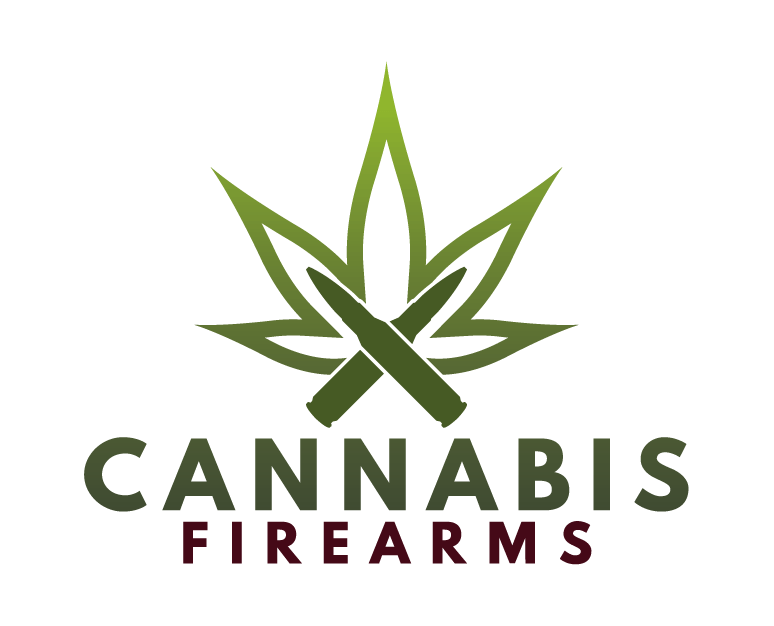The Department of Justice (DOJ) and the Bureau of Alcohol, Tobacco, Firearms and Explosives (ATF) sit at the tension point between federal drug control and evolving state cannabis markets. Ethically and practically, the question is whether enforcement should shift as policy modernizes. The answer is yes—measured recalibration is warranted—but it must be grounded in rulemaking, transparency, and public-safety data rather than politics.
Start with the legal baseline. Marijuana remains illegal federally while the executive branch pursues rescheduling: in May 2024, DOJ proposed moving marijuana from Schedule I to Schedule III, beginning formal rulemaking; DEA published its corresponding proposed rule that August, and an administrative hearing planned for January 2025 was postponed pending an appeal. News outlets reported that the attorney general had initiated this historic shift, emphasizing that rescheduling would not legalize adult use but would recognize medical value and ease research and tax burdens. Together, these steps reflect movement in federal policy even as prohibition persists.
Firearms policy complicates the picture. Federal law bars “unlawful users” of controlled substances from possessing guns, and ATF has long told dealers that marijuana users—regardless of state law—fall within that category. The warning appears explicitly on Form 4473 and has been reiterated in agency updates through 2024, as well as in the longstanding 2011 open letter to all federal firearms licensees and recent state advisories. This categorical approach is administrable but ethically overbroad: it captures state-legal patients and consumers who never combine cannabis and firearms.
Courts are reexamining the rationale. After the Supreme Court’s Bruen decision prioritized historical tradition, circuit courts split on whether 18 U.S.C. § 922(g)(3) fits that test for marijuana users. On October 20, 2025, the Court granted review in U.S. v. Hemani, a DOJ-supported vehicle expected to clarify the rule, and trackers have flagged the case’s significance for federal gun prohibitions. Until then, inconsistent outcomes create rule-of-law concerns: similarly situated people face different criminal exposure depending on geography, fueling uncertainty for licensees and consumers.
What should shift? First, DOJ should publish interim, evidence-based enforcement principles—akin to, but more rigorous than, the rescinded Cole Memo—prioritizing violence, organized crime, diversion to minors, and interstate smuggling while de-emphasizing possession and state-compliant medical activity. Sessions’s 2018 rescission restored broad discretion; today’s fragmented landscape warrants transparent guardrails that respect federalism without surrendering preemption.
Second, ATF should modernize its risk lens. Rather than a blanket disability for any marijuana user, guidance and the 4473 instructions could focus on contemporaneous impairment, nexus to trafficking, or repeated dangerous conduct—criteria more closely tied to public-safety risk and more defensible under Bruen. Clarifying “unlawful user” and updating examples would reduce inadvertent criminality and improve truthful disclosures by buyers and dealers.
Third, if rescheduling proceeds, DOJ should promptly harmonize collateral policies—charging decisions, forfeiture priorities, research approvals—and report outcomes annually to Congress. Schedule III status would not legalize adult use, but it would undercut the premise that all cannabis activity lacks accepted medical value; policies that ignore that administrative judgment risk eroding trust and wasting resources.
Finally, Congress remains decisive. Durable alignment of gun, drug, and commerce policy likely requires statutory reform that distinguishes state-lawful conduct, funds data on impairment and violence, and sets uniform standards for safe storage and training where firearms and cannabis co-exist. Ethically, agencies should minimize harm and maximize clarity. As cannabis policy modernizes, measured enforcement shifts are not only prudent—they are necessary to maintain legitimacy and public safety.

